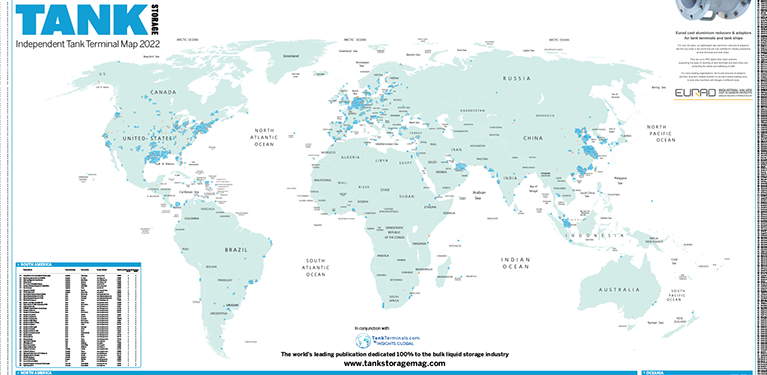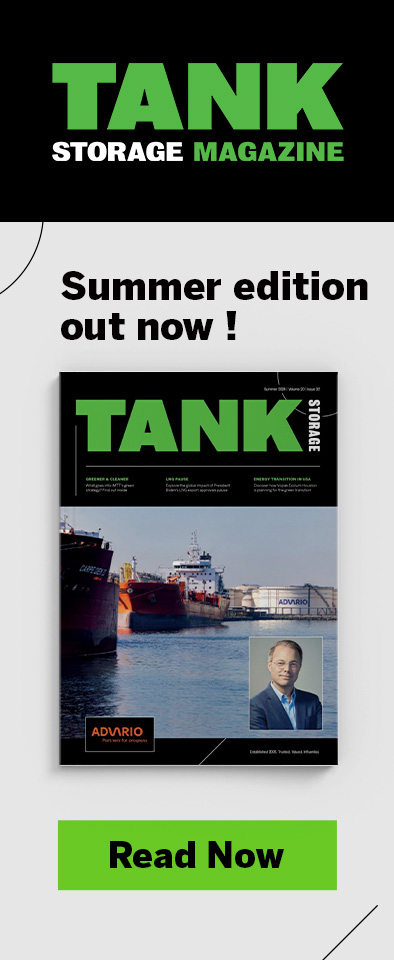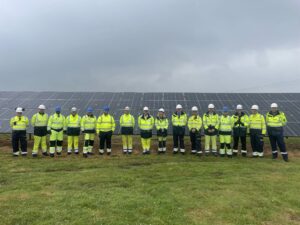Port of Rotterdam and Port of Duisburg have announced a joint feasibility study on the combined role the two ports have to play in supporting the growing demand from the industry for hydrogen and its derivatives. It will also involve acting as a conduit between the governments, industry, and future players in the hydrogen market.
Dutch leader in ammonia, methanol and hydrogen, OCI Global, is partnering with the ports to demonstrate that the planned hydrogen corridor between Rotterdam and duisport is already in place and in a strong position to meet the high demand for low carbon and renewable hydrogen from the industrial cluster in the Ruhr region, Germany.
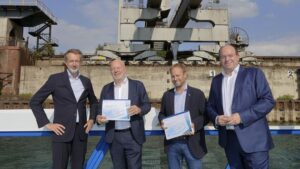 To meet expected demand, the ports will need to scale up relevant infrastructure and provide suitable areas. The study shows that the first hydrogen pipeline between the two ports should be completed by 2027 to meet the growing demand for green hydrogen in North Rhine-Westphalia in the medium term. Hydrogen derivatives pipelines and pipelines for the export of CO2 should follow.
To meet expected demand, the ports will need to scale up relevant infrastructure and provide suitable areas. The study shows that the first hydrogen pipeline between the two ports should be completed by 2027 to meet the growing demand for green hydrogen in North Rhine-Westphalia in the medium term. Hydrogen derivatives pipelines and pipelines for the export of CO2 should follow.
Boudewijn Siemons, interim CEO and COO of Port of Rotterdam Authority says: ‘This study confirms the important role that both ports play as hubs, matchmakers and drivers of the energy transition. It shows which forward-focusing activities are needed in both ports to build the hydrogen economy of the future.’
‘We want to bring suppliers, users and political players together at one table to develop concrete solutions for a sustainable path of hydrogen production and use. That is how we make an impactful contribution to activating the market and accelerating the energy transition,’ adds duisport CEO Markus Bangen.
CEO of OCI Global Ahmed El-Hoshy says: ‘Collaboration between ports and industry, as well as with regulators and other key stakeholders, is crucial in kickstarting the hydrogen economy and delivering the energy transition.’


